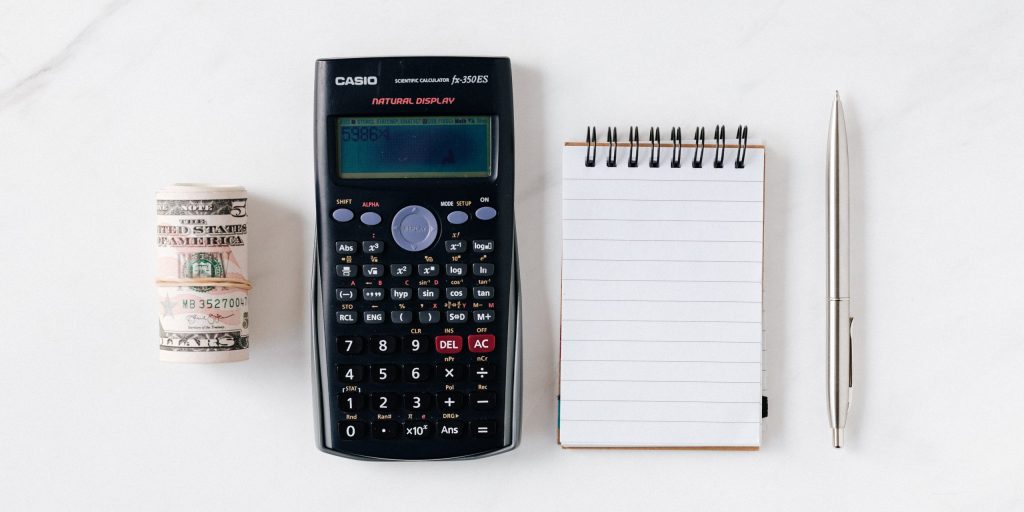Post-pandemic recovery, high inflation, and other factors have immensely impacted people’s finances across the globe. The National reports that the world’s economy is weighing on everyone, with inflation creeping everywhere and the cost of everything rising.
2 in 3 Americans are blowing through their savings due to inflation, with 23% reporting that they had depleted a substantial amount of the money they’d saved.
If this is you, don’t panic. There are several ways you can create a budget that will boost your savings.
Set budgeting goals
Everyone has different goals, but before you calculate how much money you’re going to spend or save, you’ll have to know what you’re preparing for.
The Balance states that setting goals is important for establishing your priorities and preparing for life-changing circumstances. To establish your priorities, determine what you want to be spending on in the long-term and short-term.
If you don’t have much saved the site recommends setting an achievable target, such as establishing an emergency fund of at least $1,000. Longer-term targets could be saving for graduate school or buying a house in the future.
Your priorities will allow you to determine how to best allocate your budget according to your goals.
Calculate your income
The next thing you’ll need is to calculate your income so that you can build your budget around it.
AskMoney explains that the components of a budget include income and expenses. For a personal budget, income would include your take-home pay as well as other money that you might be making on the side, such as freelance or consultancy projects.
When calculating income, especially if it is personal income, it is also important to factor in expenditures like tax so you don’t think you have more money to spare than you actually do.
By accurately working out how much income you have after tax and any outstanding payments, you will be able to create a fixed budget that will allow you to funnel money into your savings.
The 50-20-30 budget rule is a popular way to do this – 50% of income on needs and obligations that you must-have or must-do, 20% savings and debt repayment and 30% to everything else that you might want.
List your monthly fixed and variable expenses
Your monthly expenses include the necessities that you regularly pay for, plus some luxuries and pleasures that you should rightfully indulge in.
Especially for the latter, it’s important to limit your budget so that you don’t go overboard.
These expenses may include the following:
– Rent
– Gas
– Groceries
– Electricity
– Phone and internet bills
– Insurance
– Child care
– Gym memberships
– Personal grooming (salons, facials, etc.)
– Miscellaneous expenses (clothes, social gatherings, outings, etc.)
Determine which of them have a fixed amount, and which are variable. Fixed amounts are usually applicable to bills, while variable expenses would commonly be applicable to miscellaneous expenses.
Make sure you budget a small amount for spending outside of what you’re expecting, as unexpected needs might arise — like a flat tire or sudden house repairs.
Determine a fixed amount to set aside
Even if you’ve already set budgeting goals, the feasibility of your targeted amount for savings would depend on your monthly spending.
Now that you have a concrete overview of your expenses, you can now more accurately gauge how much should be set aside for saving. Before you finalize the budget for your monthly spending, you should first weigh the immediacy of your goals.
If you think that you could still afford to cut down on your monthly expenses to make way for your savings, then you should do that. You can read our article ‘Is Saving $100 Per Month Good’ to see how feasible your intended amount is.
Whatever you decide, it’s important to strike a balance between instant and delayed gratification, as well as short-term and long-term investments.
If there’s anything that the recent years have taught us, it’s that savings can go a long way in times of widespread economic disruptions. Starting to formulate a good budget now can help you prepare for when these circumstances arise.
